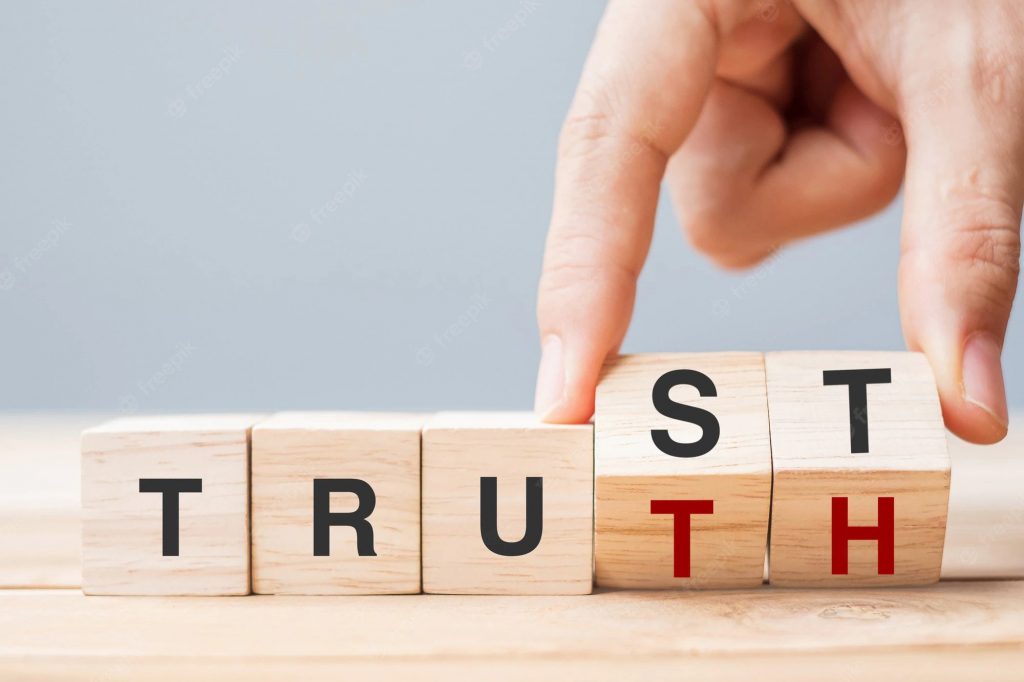
W03: Who Can Be Trusted?
Another very pleasant week of reading and thinking. I am very grateful for being here. I just wish I had three heads to be able to read everything! As it is, Social Narrative kept my attention, and I appreciated my colleagues’ consideration toward diversity of social media, its peculiarities, influence, and players.
“We are all social by nature” (Aaron Chan), “When people use new ways to engage in their activities such as accessing information, communicating or interacting, they are building new connections with each other. The traditional ideas of community are gradually diluted, and are instead partly replaced by virtual communities on network and social media” (Shirley), “Ubiquitous and unrestricted access to learning materials does not lead to learning. Students have to be guided, to learn how to sift through information, and this begins with finding adult role models. Thinking back to my earliest memories, the first adults I learned to trust after my parents, and the adults that my parents introduced me to, were my teachers. Teachers hold a special kind of power over youth” (Ying Gu), “Education has always been in tune with the community due to the fact the teachers usually live in the community they serve. With mobile education and the no boundaries mobile technologies provide this simply may no longer be the case” (Michael Yates) etc.
Among those expressed concerns I was pulled toward teaching effects of social media and internet figures who can be trusted.
The topic of social media as a guide has close ties with equity, safety and accessibility of internet, but I think it also unites material and digital worlds because sometimes the best virtual guides are real people. I want to make something new out of it in Assignment 1.
It is huge as there are pedagogy, psychology, ethics, philosophy, technology, culture, communication and media studies mixed, but I want to write about it based on my new thoughts and the resources that I already have from my other courses. I will try to look at them from different angle though.
I am sorry that I am not giving the exact topic right now and the reliable resource to recommend. I will add it later. This course makes me think so much, build connections between very different bits of my knowledge, and I currently do not have a ready structure to suggest and explore. I have to read more!
Again, thank you for this wonderful and unique learning experience!
Update:
Ok, I finally understood what I want to look into. Here is my area of interest:
Social Media Guides
Wikipedia defines social media as “interactive technologies that facilitate the creation and sharing of information, ideas, interests, and other forms of expression through virtual communities and networks” (“Social media,” 2023). From an educational point of view, those created and shared virtual stories teach us how to behave in certain real-life situations because they demonstrate other people’s abundant choices and experiences. But the final decision is still ours – what to consider true, wise, appropriate, merciful, or worthy to follow. I am wondering who suits best to help us take those decisions, i.e., who can be trusted in the real and digital worlds.
Of course, being “self-organizing, proactive, self-reflecting, and self-regulating” (Bandura, 2001, p. 266), some humans are quite resilient and creative to use social media to their advantage – to build confidence, make friends, have a more purposeful life, etc. Even negative examples can have a positive effect, for example, I have online friends on Facebook whom I resent. But I keep them close as a constant reminder to myself not to behave the same way in a virtual public space.
Still, not everyone is strong enough to resist the negativity or confusion coming from social media, and children are especially vulnerable in this regard. Luckily, many people can rely on their real-life advisors not to get lost in a virtual world. In my opinion, it can be anyone positive, mature, accomplished, moral, and with proven common sense. I would name parents, grown-up siblings, grandparents, teachers, coaches, adult friends, colleagues, research advisors, etc. among those most promising real-world influencers and interpreters of online content.
Regarding virtual guides for the digital world, I am not that sure. Some of my peers already mentioned the problems with popular media influencers. I would like to consider this cohort more closely in my first assignment.
But I want to share an anecdote that shows that it is not easy to determine online figures of trust while the virtual is able to affect the material. So, I had a disagreement with one person which made our real-life communication very unpleasant. Feeling upset and exhausted, I wrote about this little injustice (as I saw it) in the local Facebook group. I guess what I asked for was some sympathy to sleep better that night. However, I got overwhelming emotional support together with professional advice; two people offered to come in person. As a result, my mood and views on the problem were completely different at the end of this short online communication with total strangers. The “new me”, encouraged and informed, easily resolved the issue with that person, and it meant the immaterial world influenced the material one well. I realize it does not always work this way, but there is potential to change real life for the better.
To sum up, I strongly believe that with online and offline ideas from our good guides combined, mass media will contribute to our happiness and constant growth, and everyone’s online search for truth will be quite successful.
References
Bandura, A. (2001). Social cognitive theory of mass communication. Media Psychology, 3(3), 265-299.
Social media. (2023, January 29). In Wikipedia. https://en.wikipedia.org/wiki/Social_media
TechTargetContributor (n.d.). Social media influence. TechTarget. https://www.techtarget.com/searchcustomerexperience/definition/social-media-influence
